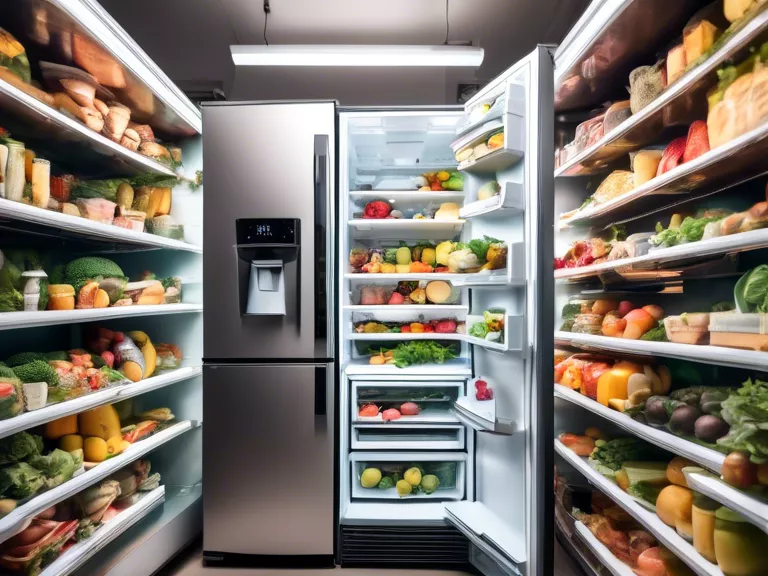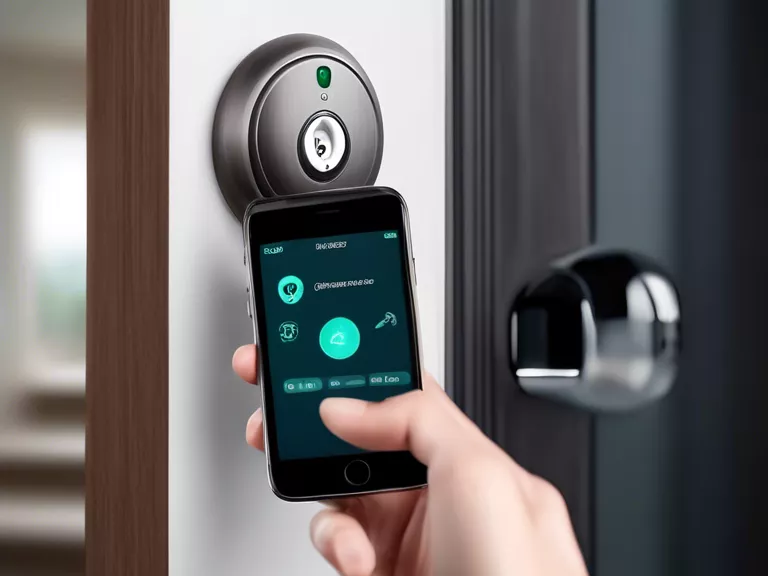
As technology continues to advance, the future of artificial intelligence (AI) in smart homes looks promising with the rise of predictive maintenance and self-learning systems. These advancements not only make our lives more convenient but also contribute to energy efficiency and cost savings in the long run.
Predictive maintenance is a crucial aspect of AI in smart homes as it allows for proactive monitoring of various devices and systems. With the help of sensors and data analytics, household appliances can now predict when they might fail and alert homeowners beforehand. This not only prevents unexpected breakdowns but also extends the lifespan of the devices, ultimately saving money on repairs and replacements.
Self-learning systems, on the other hand, enable smart homes to adapt to the needs and preferences of their residents. By analyzing user behavior and patterns, AI can automate tasks such as adjusting the thermostat, turning off lights, or even ordering groceries based on consumption habits. Over time, these systems become more efficient and personalized, providing a truly tailored experience for homeowners.
Incorporating AI into smart homes can also lead to significant energy savings. By optimizing the use of appliances and lighting based on occupancy and usage patterns, energy consumption can be reduced without sacrificing comfort. This not only benefits the environment but also results in lower utility bills for homeowners.
Overall, the future of AI in smart homes is bright, with predictive maintenance and self-learning systems revolutionizing the way we interact with our living spaces. From cost savings to energy efficiency, these advancements promise a more convenient and sustainable lifestyle for homeowners around the world.



